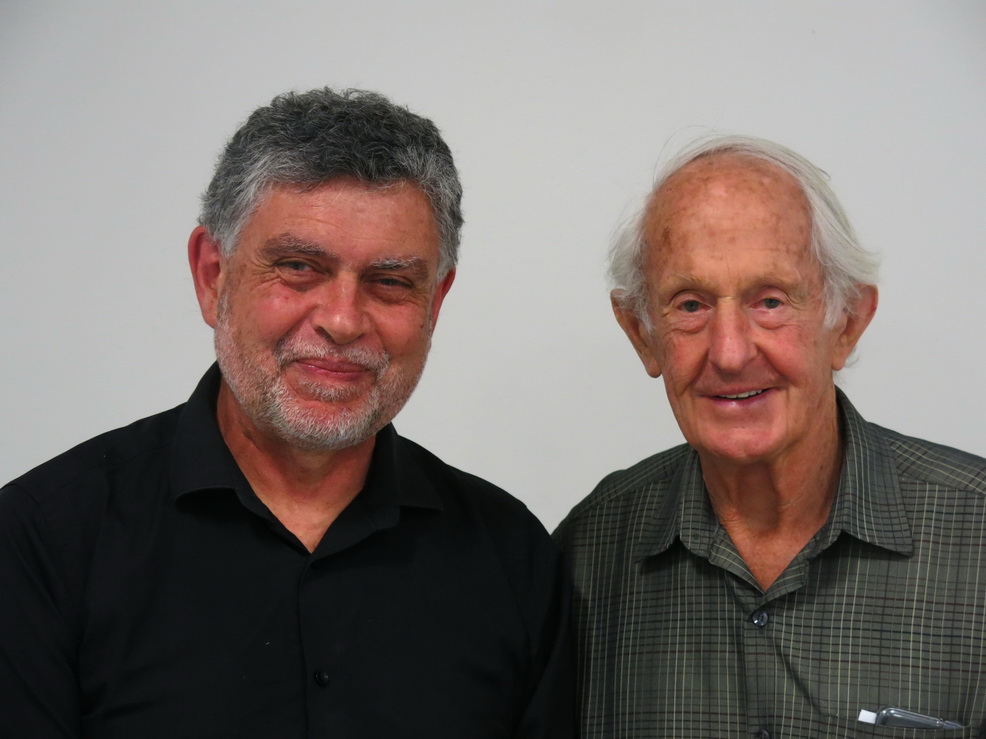At our meeting we presented the Bob Stewart environmental award to Dr Shane Wright University of Auckland.

Shane was presented with a certificate and a cheque for $5000.
Shane spoke to work on the island which is focused on regenerating old-growth forest on Motutapu Island.
The process by which old-growth forest is regenerated on the island has been changing. The traditional method of re-afforestation has been to plant Kanuka and Manuka and some of the species to start generating forest cover.
The aim is over time that the species will be superseded by longer living trees and ultimately change to the the large trees such as ultimately Miro, Kahikatea and other similar trees.
The problem with the traditional approach is that the initial plantings have been planted closely spaced to develop the cover and hopefully put in place succession plan so that tree growth can cycle through to the larger trees.
The theory is that the initial cover collapses and seedlings of the longer lived trees survive and take over the forest environment. The issue that has been identified is sometimes the initial population of trees does not collapse the larger trees cannot grow through.
As a consequence the process and theory of reafforestation is changing so that when new growth trees are planted they are widely separated and after three years or so the larger trees are then planted amongst those initial plantings widely spaced so as to create an ideal growth pattern for larger trees and avoid the issue of the early growth failing to collapse.
A point Shane made in his address was that the aim is not to plant one or two species of trees but several species of trees whose genetic origins are from within the Waiheke Ragitoto Motutapu and wider gulf areas so as to ensure the genetic make up of the forest reflects that of the Hauraki Gulf.
Following on from Shane Wright we heard briefly from Ian McKenzie who updated us about issues facing the Motutapu Restoration trust, the Department of Conservation and Ngai Tai following the recent Treaty settlement with that Iwi.
It seems that the Iwi prefers only to speak to the Department of Conservation rather than entities such as the MRT so those other entities which have had so much to do with the islands of Rangitoto and Motutapu are being left out in the cold.
The iwi are putting it bluntly creating some difficulties with respect to the Islands, particularly the litigation over commercial rights and/or concessions available on the island which is now proceeding to the Supreme Court, Issues arising from disturbance to archaeological areas allegedly caused by weed spraying which in turn has led to a cessation of weed spraying and strangely enough proliferation of weeds on Motutapu.
Ian left us with much to think about although the writer’s view is that some good old-fashioned headbanging might be in order to sort things out.